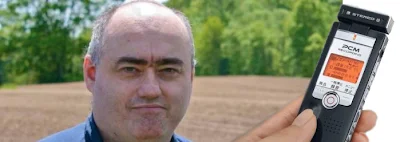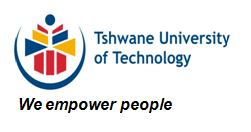Wireless presenter's microphones are commonly used in corporate boardrooms, auditoriums, and hotel conference centers. I have even found them being used as desk microphones in "secure" government conference rooms when running wires was not desired.
Big mistake. The vast majority of wireless microphones use analog frequency modulation (FM) as their method of transmission. Eavesdropping on these transmissions is easy.
I created this video to quickly explain the problem.
There are secondary problems as well...
• Microphones left accidentally left 'on' from previous meetings.
• Just having these microphones around makes them available for eavesdroppers to use as bugs. Even if discovered there is plausible deniability. Who is to say it was not left 'on' accidentally?
Solution.
• The first step is to remove all analog FM wireless microphones from areas where sensitive discussions will be held; make them totally unavailable (sell or trash them).
• Develop a business counterespionage strategy with a security consultant who specializes in electronic eavesdropping detection and business counterespionage consulting. They will be able to provide alternate solutions to using analog FM wireless microphones, and similar security vulnerabilities.
• Incorporate periodic inspections for illegal electronic eavesdropping devices into your security program. These inspections are also know as Technical Surveillance Countermeasures, or TSCM.
(more)
 When it became known that Michigan State Police had been using the tool to access cell phones during traffic stops, it raised concern with the ACLU... You'd be surprised to see just how much data today's smartphones can store -- and police can access...
When it became known that Michigan State Police had been using the tool to access cell phones during traffic stops, it raised concern with the ACLU... You'd be surprised to see just how much data today's smartphones can store -- and police can access...







































